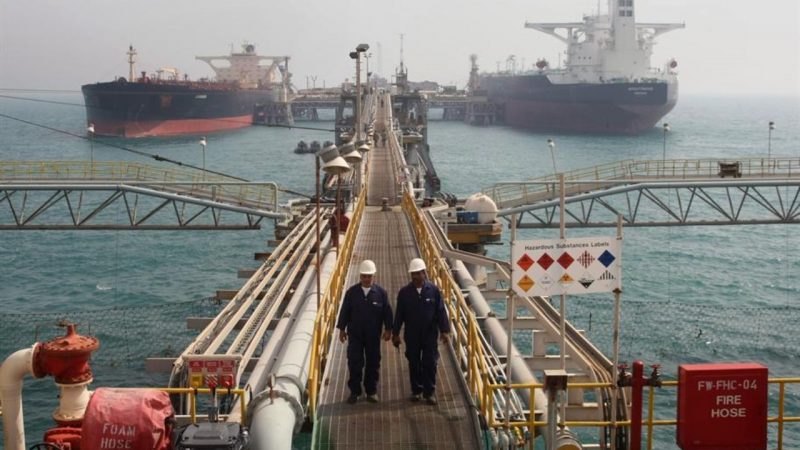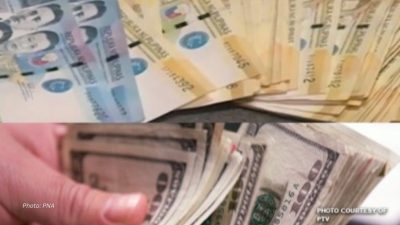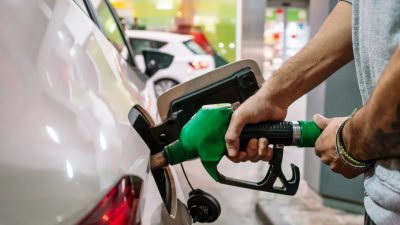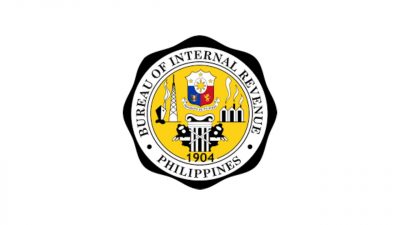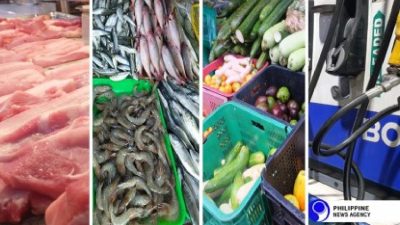MANILA — A representative from the Department of Energy stated on Tuesday, August 22, 2023, that the Philippines should move away from relying on fuel imports as a strategy to lower long-term oil prices.
According to Rino Abad, the Director of the DOE’s Oil Industry Management Bureau, the nation should prioritize the development and exploration of its domestic oil and gas resources.
“The most significant step to take is, of course, reducing our dependence, as we currently import 100 percent of our oil. The issue with this is that we only import around 300,000 barrels of oil equivalent,” Abad conveyed during a televised briefing.
“This is not even 1 percent of the global demand, which is approximately 104 million barrels per day. Our ability to negotiate favorable terms for purchasing petroleum products on the global market is severely limited,” he added.
“The most promising avenue for us in the upcoming years is to lessen our reliance on imports… We already have agreements in place,” he affirmed.
Despite the challenges, Abad commended the petroleum contracts in the West Philippine Sea and the Bangsamoro region.
Abad emphasized that since it takes approximately 10 to 15 years to develop new fuel sources, initiating these oil exploration projects now was crucial.
“It’s a time-consuming process. Exploration alone takes an average of 5 to 10 years. Then you need an additional 5 years for development before reaching production,” he explained.
“We need to move in that direction,” he emphasized.
To diminish the transport sector’s reliance on fuel, which accounts for around 60 to 70 percent of the country’s oil consumption, Abad suggested a shift towards electric vehicles. He stressed the importance of reducing fossil-fuel-based vehicles.
“We can adopt a transitional type of vehicle, starting with hybrids before fully transitioning to electric vehicles. This aligns with our plan to explore indigenous sources of oil and gas,” he noted.
Abad disclosed that the DOE’s goal is to achieve “over 50 percent” renewable energy in the country’s power sector, in line with the draft Philippine Energy Plan.
Fuel prices experienced another increase on Tuesday, with gasoline prices rising by P1.10 per liter.
Since July 10, the consecutive fuel price hikes have accumulated to P12.50 per liter for diesel, P8.85 for gasoline, and P11.85 for kerosene.
However, when considering the year-to-date figures, the net increases amount to P14.50 per liter for gasoline, P8.80 for diesel, and P5.84 for kerosene.
Abad attributed the surge in fuel prices to the “imbalance” between global production and demand, with no particular group of countries taking significant steps to decrease their demand. He highlighted that the Organization of the Petroleum Exporting Countries aims to reduce supply, despite a daily “underproduction” of 1 million barrels of oil since June.
According to Abad, this could potentially reach up to 2.8 million barrels daily. (ai/mnm)

